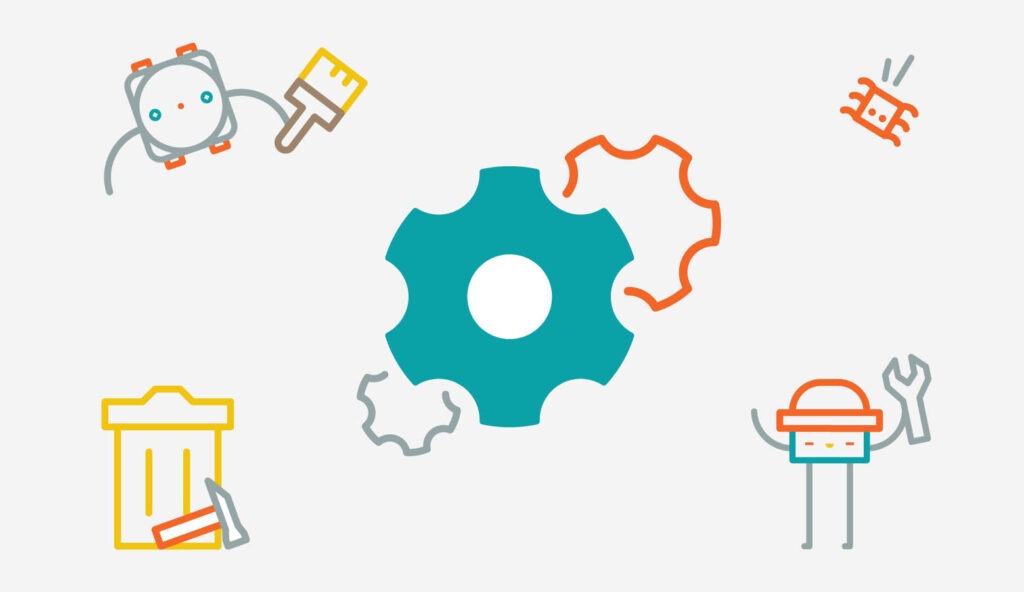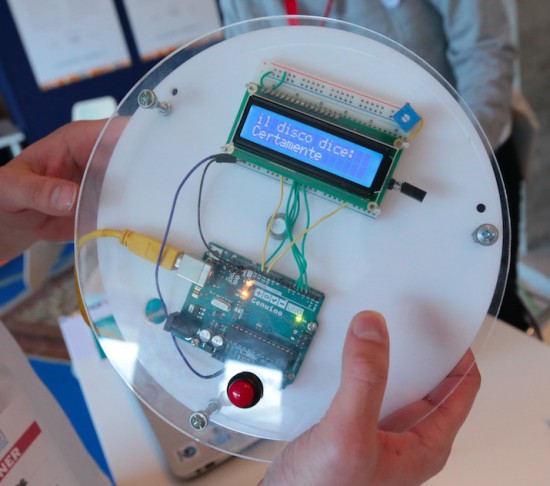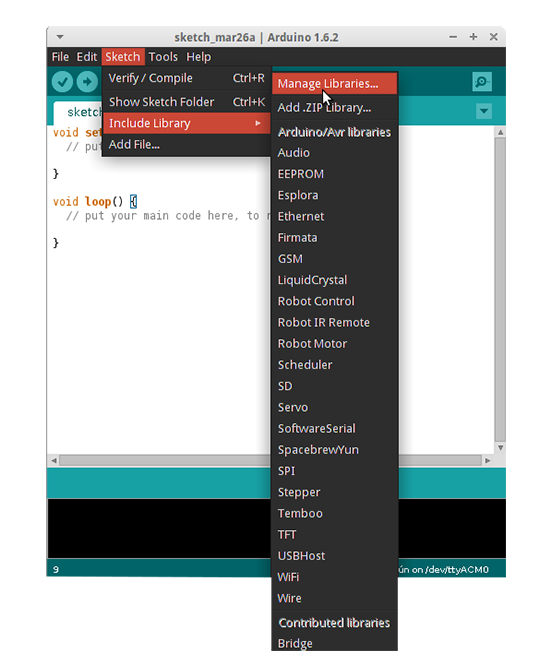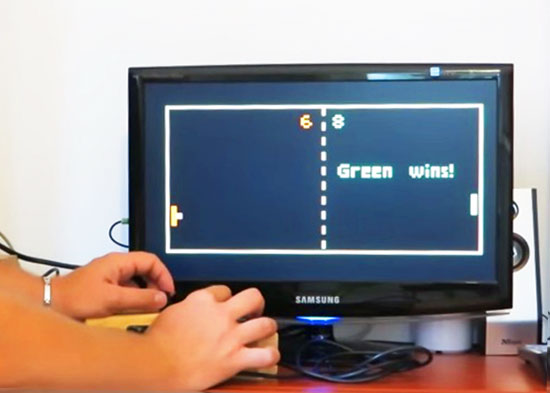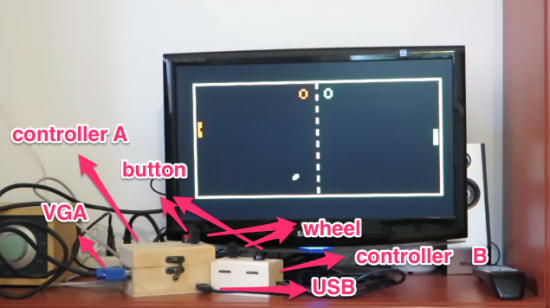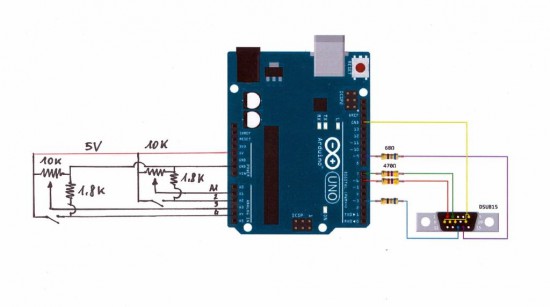13
It was a long Monday with the Arduino forum closed for maintenance, wasn’t it? Many people had to hold back their Arduino-related questions for an entire day… panic! But before getting mad at us, read on and you’ll understand it was for an extremely good cause. 
We migrated the forum to a new, modern, platform which provides a dramatically improved user experience. Try it now at forum.arduino.cc! It’s fast, clean, practical, and mobile-friendly. The new interface helps focus on contents, share knowledge and generate quality interactions between people.
New Forum Features
- No more pages to browse manually.
- Long conversations are loaded dynamically while scrolling.
- Notifications are shown when someone mentions you or replies to your posts.
- Links are expanded with previews. Long conversations can be automatically summarized.
- Trust levels and other tools help fight spamming and encourage good behaviors.
And there’s a lot more!
The new forum is built on Discourse, which is the leading forum platform and is 100% open source. This makes the Arduino forum into the largest Discourse forum in the world, with over one million users and more than five million posts. We partnered with the Discourse team to perform this long and complex migration. It was great to collaborate with people who believe in quality, human-centric software and open source as much as we do.
A big thank you also goes out to all the volunteer moderators who help newcomers and keep things in order. They do an incredible job.
Spending time in the forum, reading conversations and answering questions is a great learning opportunity. Join the Arduino community now!
Forum Notes
User images (avatars) won’t be visible for a few hours because they’re being imported. There’s also some minor formatting in posts that hasn’t been applied yet, like emoticons and underlined text. There’s a job running in the background job which is working on things. Everything will appear automatically as soon as the process is complete. But we wanted to reopen the forum as soon as possible.
These are the most important things you need to know if you’re used to the old forum:
- Drafts are automatically saved while typing. No need to click “Save Draft”.
- The “Add Karma” button is not there any more because we now have message likes. If you want to show your appreciation, click the “Like” icon under a post.
- The “Report to moderator” link has been replaced by the “Flag” button.
- You can configure your notification preferences on a per-category or per-topic basis by clicking the bell icon at the top-right.
- There’s no “Print” button any more. Just use the print function of your browser and a printer-friendly rendering will be applied.
- You can now bookmark your favorite posts. Bookmarks are found, along with your notifications, mentions and history, by clicking on the avatar icon at the top right.
Should you notice issues with the new forum, let us know.
The post The Arduino Forum is now completely renovated (and it’s so nice) appeared first on Arduino Blog.

